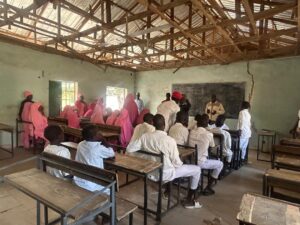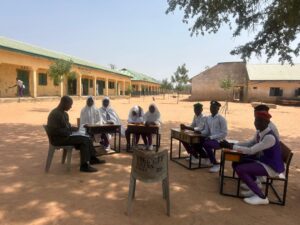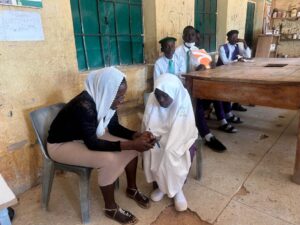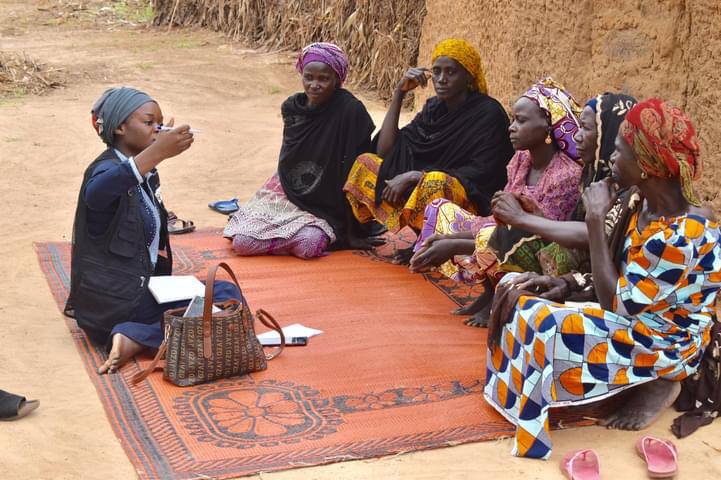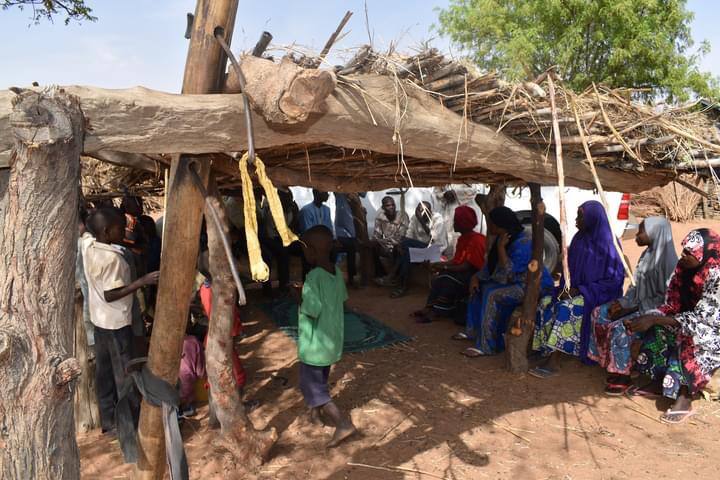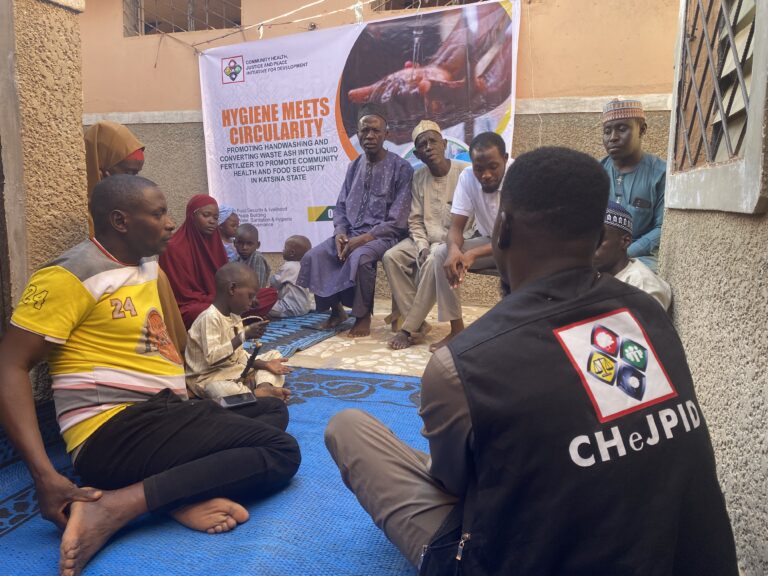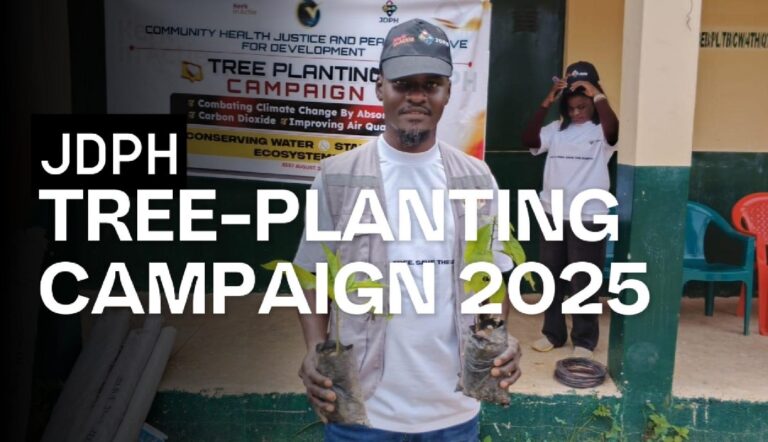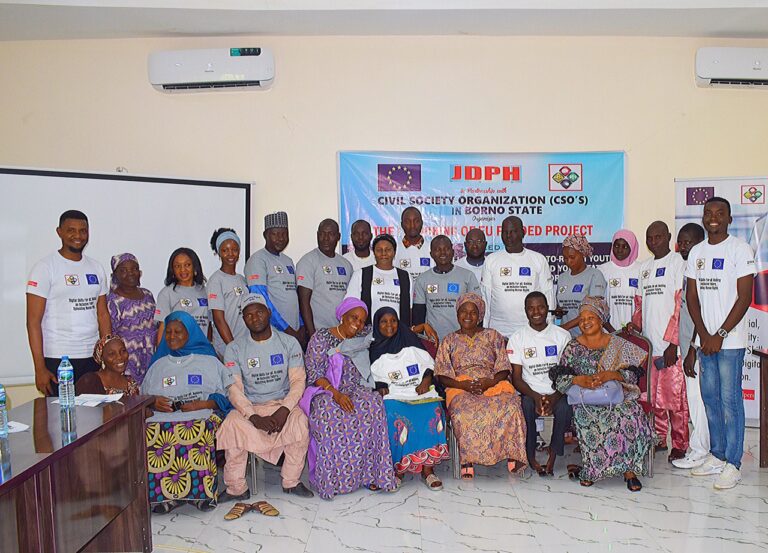PEACEBUILDING
-
by
jdphfadmin
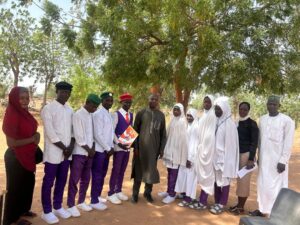
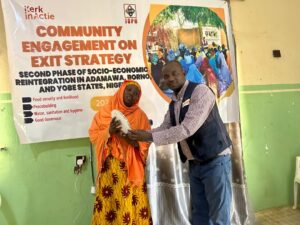
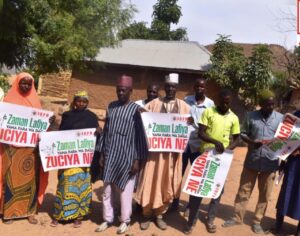
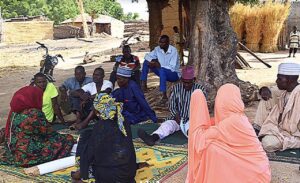
Peacebuilding has become an essential part of our daily lives. Globally, we have experienced countless violent conflicts that have been in existence from generation to generation. Nigeria today is currently facing countless challenges tied to issues of insecurity, development, governance, unemployment, poverty, and conflict, which have affected and will continue to affect structures of social cohesion. In northeastern Nigeria, the underlining challenges are terrorism and insurgency. In the northwest, they experience issues of banditry, kidnapping, pastoralists, and farmer conflict. In north central Nigeria, some of the challenges experienced include insurgency, pastoralist and farmer conflicts, religious and ethnic conflict, while the south has militants and the south east has IPOB and other forms of regional agitation. This has hugely affected the economic and social activities of the regions negatively. Most of these regions have experienced communal conflict, political conflict and ethnic and religious violence that has in most cases led to destructive acts, including the loss of lives and property
Peacebuilding seeks to address the underlying causes of conflict, helping people resolve their differences peacefully and laying the foundations to prevent future violence. Peacebuilding is the development of constructive personal groups and relationships across ethnic, religious, political, class, national, and racial boundaries; it transforms the structural conditions that generate deadly conflict. Peacebuilding is an enabler of development, security, social and economic justice, and reconciliation.
The JDPH Peacebuilding Unit mostly uses a community peacebuilding approach that aims at developing trust, harmony, safety, and enhancing social cohesion within and between communities to strengthen the social and cultural capacities, resolve disputes and conflict, and promote inter-ethnic, intergroup interaction and dialogue.
MAY 2022
Training on conflict and disaster risk management in Yobe State.
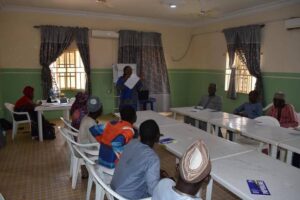
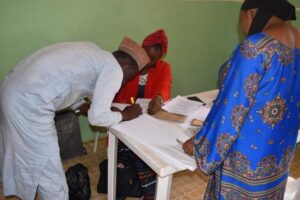
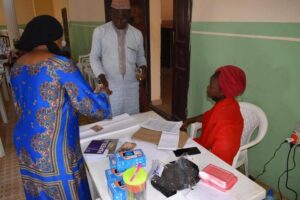
August, 2022
Alternative Dispute Resolution (ADR) training in Yobe State, Nigeria’s Dugum LGA.
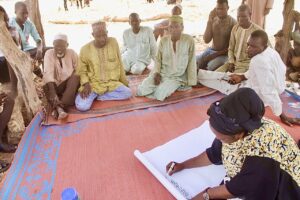
February, 2023
As part of our efforts in contributing to building peaceful and cohesive communities, JDPH, with support from her partner, trained key community stakeholders in North East Nigeria on Alternative Dispute Resolution (ADR) mechanisms aimed at enhancing their skills & capacity towards peaceful alternative approaches and traditional ways of resolving the dispute without recourse to legal court.
The trained beneficiaries are taken through processes that allow them to appreciate the importance of ADR, which, among other things, enables parties in a dispute to work together to resolve their differences, enables them to improve communication and cooperation, and breaks down walls of division, thereby strengthening cohesive structures in their communities.
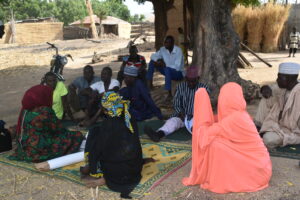

February, 2023
The Peacebuilding Unit of JDPH has continued to empower the community to resolve conflicts through alternative dispute resolution in Borno State, Nigeria

November, 2023
We are grateful to our partner, KerkinActie, for helping to increase the promotion of peaceful coexistence in our communities by helping to instill peaceful virtues in schoolchildren.
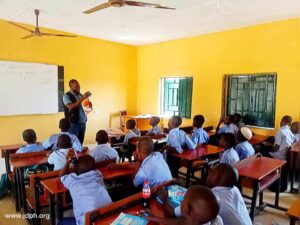
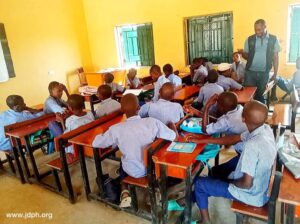
January, 2025
Community members from Fika in Yobe State, Kwajaffa in Borno, and Uba in Adamawa were honored with the prestigious Peace Ambassador Award. This recognition was bestowed upon them for their exceptional dedication and passion for promoting peace in their respective communities.
This achievement was made possible through our valued partnership with KerkinActie, who shared in JDPH’s vision of fostering peace and stability in these communities.

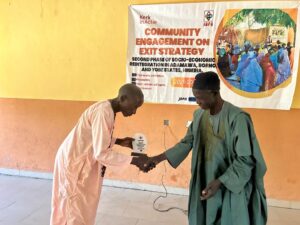
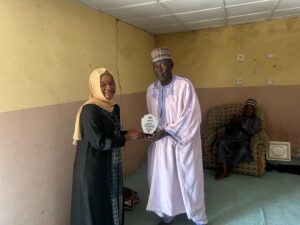
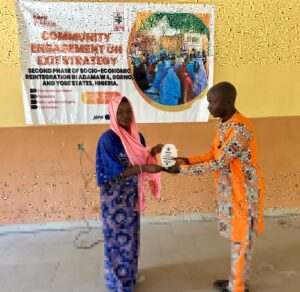
February, 2025

